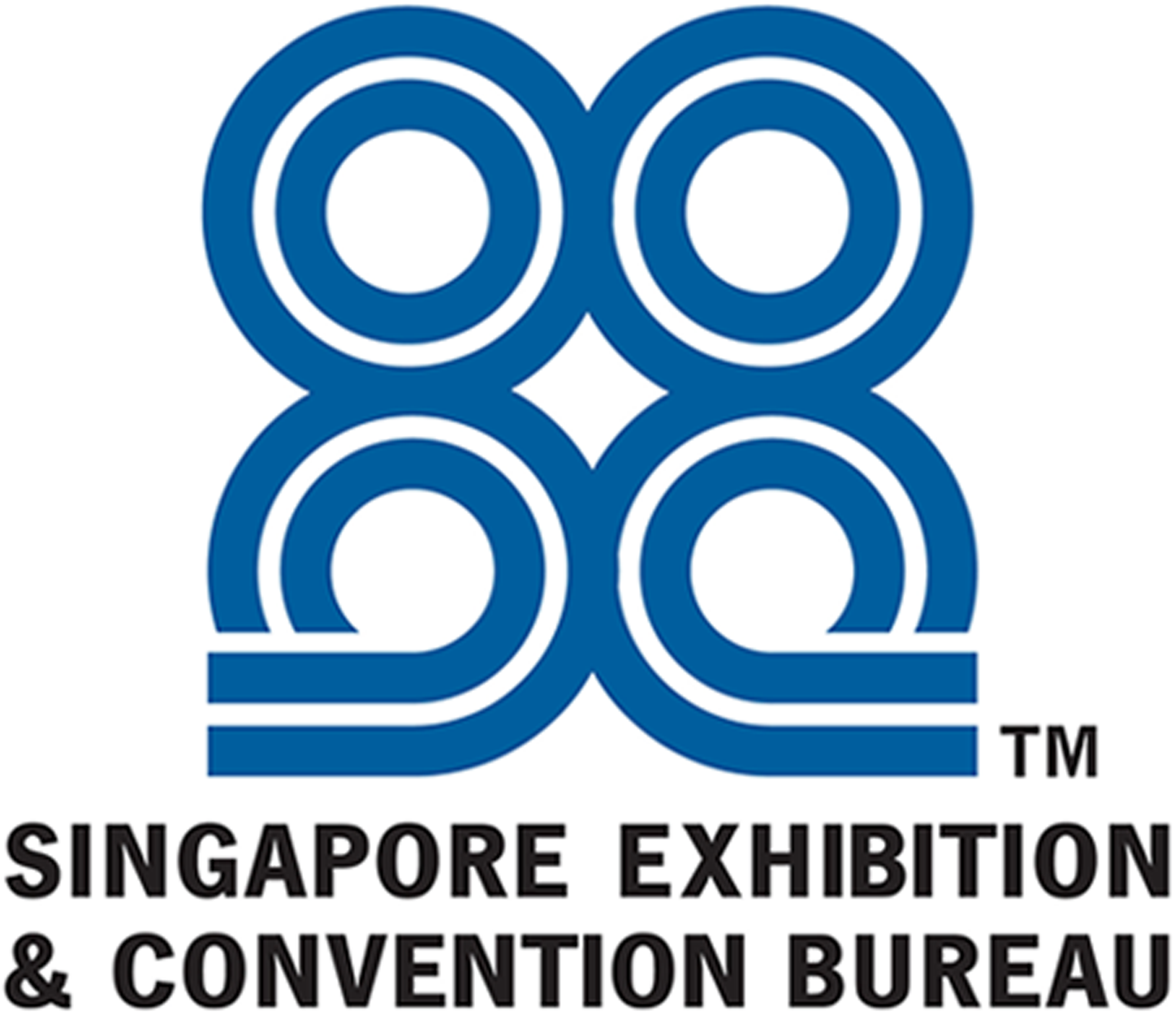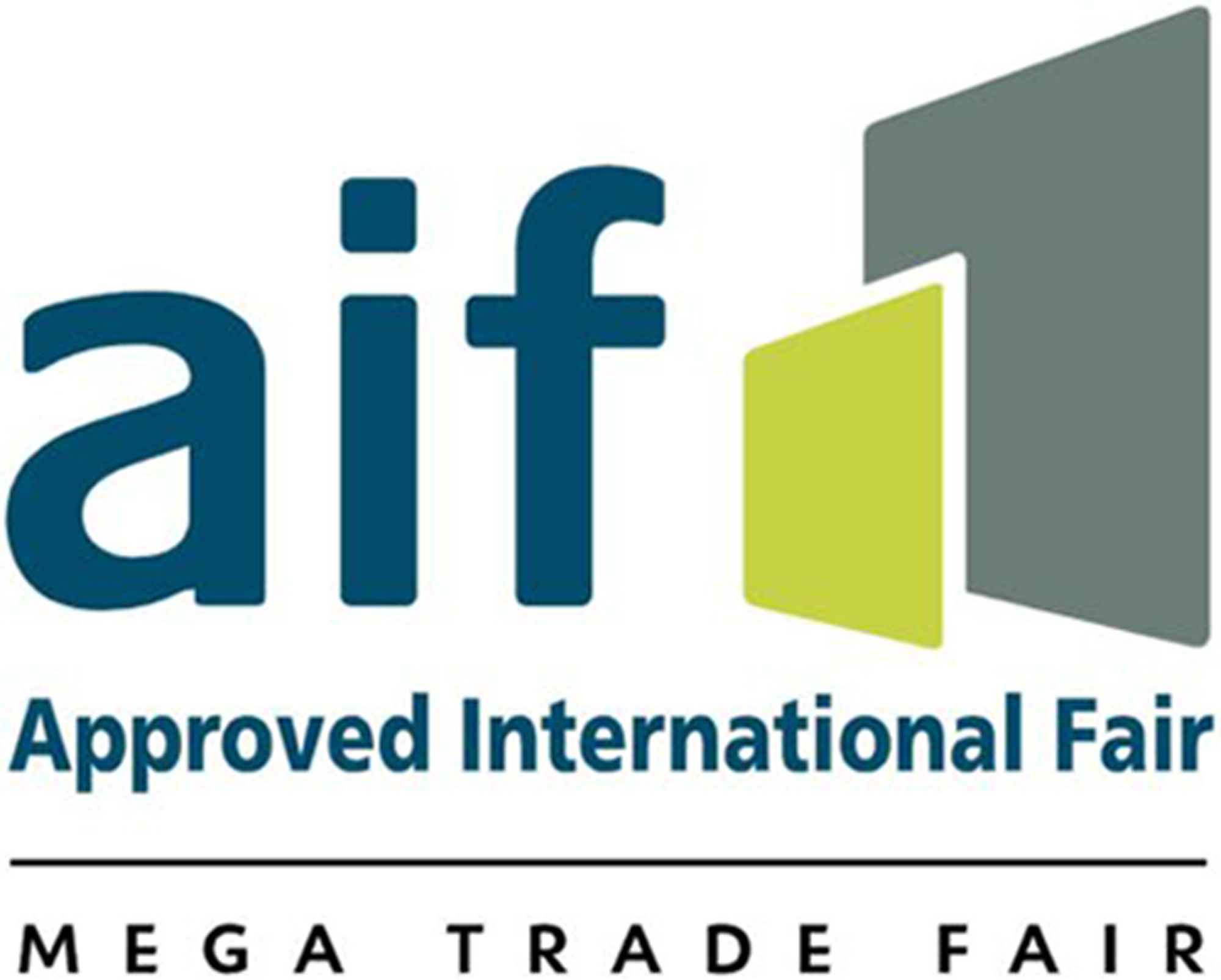The hotel industry is grappling with a critical challenge—hotel labor shortage. The repercussions of this scarcity extend beyond understaffed operations; it significantly affects service quality and, subsequently, the overall guest experience.
The disruptive force of the COVID-19 pandemic has intensified this issue, leading to layoffs and reshaping work preferences. As hotels face unprecedented hurdles in workforce availability, the need for proactive strategies becomes vital.
But we won’t just focus on the problem—we’re here to discuss intelligent solutions. We’ll explore ideas and actions that can help hotels overcome this challenge.
Together, let’s understand the impact of COVID-19 on the hotel industry and figure out ways hotels can improve their operations, provide better service, and make guests happier despite the shortage of workers.
10 Ways to Improve Staff Shortage in The Hospitality Industry

The persistent shortage of skilled and experienced workers in the dynamic hospitality industry poses a significant challenge. However, the key to success lies in proactive measures that solve hotel staffing shortages and elevate overall hotel operations.
Let’s explore effective strategies to attract and retain talent, ensuring a seamless and exceptional guest experience.
- Competitive Compensation
- Employee Discounts on Hotel Stays and Dining
- Career Development Opportunities
- Invest In Employee Training and Development
- Create A Positive Working Environment
- Flexible Work Schedule
- Introduce Technological Solutions
- Diverse Recruitment Channels
- Collaboration With Educational Institutions
- Industry Associations and Advocacy Groups
1. Competitive Compensation
In the face of the prevalent staff shortage in the hospitality industry, implementing competitive compensation packages emerges as a strategic imperative. Elevating wages and benefits addresses immediate staffing gaps and is pivotal in making the hotel sector more attractive.
By offering remuneration that reflects the value of skilled and experienced workers, hotels can regain their allure, positioning themselves as employers of choice.
This proactive approach not only aids the hotel sector in regaining attractiveness to overcome the current labor shortage but also establishes a foundation for sustained workforce stability, fostering a positive working environment that benefits both staff and the hotel’s overall success.
2. Employee Discounts on Hotel Stays and Dining
In the face of unprecedented labor shortages, strategic measures are imperative in the hospitality industry. One effective strategy involves offering employee discounts on hotel stays and dining, not only as a perk but as a solution to staffing challenges.
By incorporating such benefits into hotel branding, establishments incentivize current employees and attract new talent. This approach extends beyond immediate staffing needs, fostering a positive work culture and enhancing the overall appeal of the hospitality sector as an employer.
In navigating these challenges, thoughtful initiatives like employee discounts play a crucial role, contributing to the industry’s resilience and fortifying its position in the competitive labor market.
3. Career Development Opportunities

Amidst the current labor shortage and persistent hotel staffing challenges, unlocking solutions requires focusing on career development opportunities. Hotels can address staffing gaps by investing in training programs, skill enhancement, and clear career paths.
By showcasing a commitment to employee growth, establishments not only mitigate the impact of the current labor shortage but also position themselves as desirable workplaces.
This strategic emphasis on career development attracts new talent and fosters loyalty among existing staff, contributing to a resilient workforce.
In navigating the complexities of the hotel staffing shortage, prioritizing employee growth emerges as a proactive and sustainable approach, benefiting both individuals and the industry.
4. Invest in Employee Training and Development
Addressing the pressing hotel labor shortage necessitates a strategic investment in employee training and development within the hospitality industry.
Recognizing the challenges of unprecedented labor shortages, hotels can bridge skill gaps and enhance workforce capabilities through robust training programs.
By prioritizing ongoing development, establishments meet immediate staffing needs and cultivate a skilled and adaptable workforce for the long term. This proactive approach not only counters the current challenges but positions the industry to thrive in the face of evolving demands.
Investing in the growth and skills of employees becomes a critical element of fortifying the hospitality sector, ensuring resilience and sustained success amid the ongoing labor shortage.
5. Create A Positive Working Environment
As the largest hotel chains grapple with strategies to combat hospitality labor shortages, creating a positive working environment emerges as a pivotal solution. Fostering a workplace culture that values and supports employees addresses immediate staffing challenges and contributes to long-term retention.
By prioritizing employee well-being, acknowledging their contributions, and promoting work-life balance, hotels can become employers of choice. This approach attracts talent and sustains a motivated workforce, enhancing productivity and service quality.
In the competitive landscape of the hospitality industry, a positive working environment becomes a cornerstone strategy for the largest hotel chains to overcome labor shortages and establish themselves as industry leaders committed to the success and satisfaction of their staff.
6. Flexible Work Schedule

Implementing flexible work schedules is a strategic solution to the hotel labor shortage amid unprecedented challenges in the hospitality industry.
Offering flexibility in work hours and arrangements not only accommodates diverse needs but also addresses the shortage of skilled staff.
By recognizing employees’ unique circumstances, hotels can enhance job satisfaction and attract individuals seeking adaptable work environments.
This approach contributes not only to immediate staffing solutions but also positions hotels as employers responsive to the evolving needs of the workforce.
In navigating the complexities of the current labor shortage, a commitment to flexible work schedules emerges as a critical strategy, promoting resilience and success in the ever-changing landscape of the hospitality sector.
7. Introduce Technological Solutions
In the face of unprecedented labor shortages in the hospitality industry, hoteliers are turning to technological solutions to navigate this challenge. Embracing trends in online reservation systems and other innovative technologies not only streamline operations but also addresses staffing gaps.
Automation can optimize routine tasks, freeing human resources for more complex and guest-centric responsibilities. By integrating technology seamlessly, hotels mitigate the impact of the current labor shortage and position themselves at the forefront of industry trends.
This strategic shift enhances efficiency and contributes to the overall adaptability and resilience of hotel operations, providing a promising avenue for addressing the ongoing workforce challenges in the dynamic landscape of the hospitality sector.
8. Diverse Recruitment Channels
Adopting diverse recruitment channels is essential to combat the pressing hotel labor shortage amid a significant scarcity of hospitality industry staff. More than relying on traditional methods alone is required; hotels must explore innovative avenues to attract a broader talent pool.
Leveraging online platforms and social media and collaborating with educational institutions can help tap into previously untapped resources. By casting a wider net, hotels address immediate staffing challenges and foster team diversity.
This strategic approach mitigates the impact of the current shortage and positions hotels as inclusive employers committed to embracing various skills and perspectives to thrive in the evolving landscape of the hospitality sector.
9. Collaboration with Educational Institutions

In response to the shortage of skilled and experienced workers, proactive hoteliers are increasingly turning to collaboration with educational institutions as a strategic solution to solve hotel staffing shortages.
By forging partnerships with schools and training programs, hotels contribute to the development of a qualified workforce but also address the immediate challenges posed by the shortage.
Such collaborations create pipelines for aspiring individuals to enter the hospitality industry, ensuring a continuous supply of skilled professionals.
This approach strengthens the bridge between education and industry needs and positions hotels as active contributors to workforce development.
Embracing collaboration with educational institutions is a forward-thinking strategy that mitigates current staffing shortages and fosters a sustainable and skilled workforce for the future.
10. Industry Associations and Advocacy Groups
Industry associations and advocacy groups play a crucial role in tackling the pervasive hotel labor shortage amid a widespread scarcity of staff in the hospitality industry.
By engaging with these entities, hotels can collaborate on strategies to solve staffing shortages, sharing insights and best practices.
These associations serve as powerful platforms for collective problem-solving, fostering a sense of unity among industry stakeholders.
Through advocacy, they can address systemic challenges contributing to the shortage, influencing policies, and promoting initiatives that benefit employers and workers.
By leveraging the collective strength of industry associations, hotels not only navigate the current staffing challenges more effectively but also contribute to developing sustainable solutions for the broader hospitality sector.
Conclusion
As explored, the pervasive challenges the hotel labor shortage poses demand strategic and forward-thinking solutions from the industry. The shortage of skilled and experienced workers has underscored the need for innovative approaches to solve hotel staffing shortages.
Embracing flexible work schedules, investing in employee training, and integrating technological solutions are vital steps forward.
Moreover, collaboration with educational institutions and engagement with industry associations emerge as proactive measures to address the root causes of the hotel labor shortage.
By collectively navigating these challenges, the hospitality sector can overcome immediate staffing gaps and fortify its foundation for sustained success in the face of the ongoing hotel labor shortage.















